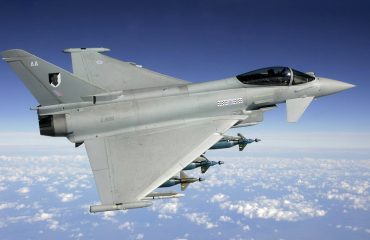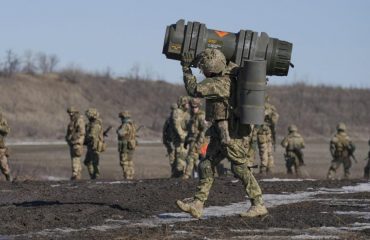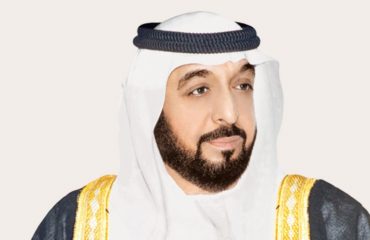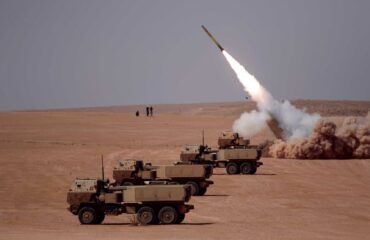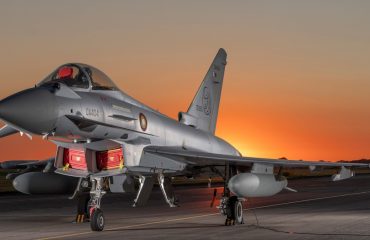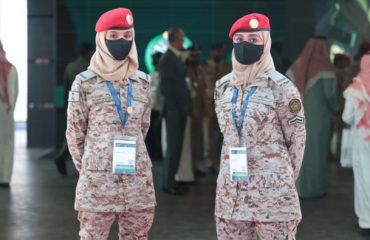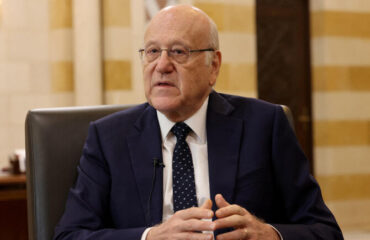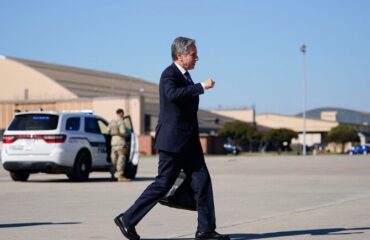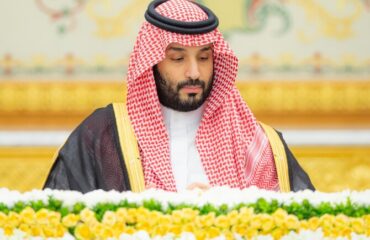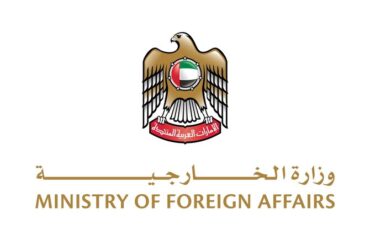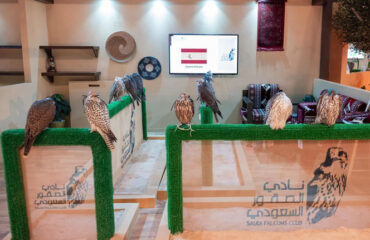Turkey wants to deepen bilateral relations with Qatar

As Turkey fights a daily “battle” with the devaluedcurrency, “sinking” Turkish businesses, a recent visit to Qatar by Turkish President Recep Tayyip Erdogan is kindling hopes that deepening economic ties between the two countries will open up new avenues of trade and investment with other Gulf states.
Qatar is already the second-largest foreign investor in Turkey, with major stakes in banking, shipping, retail, and the financial sector.
While bilateral trade between the two countries is modest, Turkish traders say it has dramatically gone up in recent years, when Qatar endured a three-and-a-half-year blockade by four Arab states that finally eased early this year.
Turkish construction firms, meanwhile, say Qatar has provided them with a unique opportunity to showcase work on a global scale – an opening they hope will continue to be available as the Gulf region continues to emerge from diplomatic tensions that halted trade.
While many details are still unclear, Turkey and Qatar signed more than a dozen agreements during a December 6-7 visit by Erdogan to Doha. The Turkish president and Qatar’s Emir Sheikh Tamim bin Hamad Al Thani oversaw the seventh major summit to coordinate strategy between the two close allies.
Many of the announced areas of cooperation deal with sharing know-how between government departments dealing with emergency and disaster management, diplomatic training, culture and tourism promotion, health and medical sciences, religious affairs, and media training.
“Previously they were statements of intention, and now on this trip some of those general agreements have been more defined, put into place, and given more detail,” Başar Arıoğlu, chairman of the Qatar Business Council under Turkey’s Foreign Economic Relations Board, told Al Jazeera.
The council has more than 70 members, Arıoğlu said – companies that include construction contractors, architectural firms, real estate dealers, and groups dealing with exporting everything from furniture to medical products and health services. There’s even a Turkish company that provides meals for the Qatari army, Arıoğlu said.
A unique partnership
While Turkey and Qatar have been close on the political front for decades, the alliance took centre stage in 2017, after Saudi Arabia, the United Arab Emirates, Bahrain, and Egypt imposed a blockade on Qatar. Demands to lift the blockade included severing important ties with Turkey, such as getting rid of a Turkish military base in Qatar. In response, Turkey sent cargo planes with aid for Qatar, and increased its troop presence in the country.
That kind of global political partnership is what sets the Turkey-Qatar alliance apart, said Betul Doğan-Akkaş, an associate fellow at the Al Sharq Strategic Research Center, and a PhD candidate in a joint degree programme between Qatar University and Durham University.
Turkey and Qatar saw eye to eye not only in supporting groups after the 2011 Arab Spring, but more recently in backing the same sides in major conflicts in places like Syria and Libya. After the takeover of Afghanistan by the Taliban earlier this year, Ankara and Doha have also sought to cooperate in projects there.
“What makes their alliance unique is that their overseas policymaking is overlapping,” Doğan-Akkaş said. “We can say it’s partly because of political pragmatism for both of them, but there also must be a deep motivation to have cooperation in all these different cases.”
With some $33.2bn in foreign direct investments in Turkey, Qatar is the second-largest single investor in the country. Qatar’s investments are spread over diverse sectors in Turkey. Qatar Holding has a 42 percent stake, worth nearly $1bn, in Istinye Park, one of Istanbul’s largest shopping malls. The Qatar Investment Authority has a 10 percent stake in Borsa Istanbul, Turkey’s largest stock exchange. The Doha-based belN Media Group owns Digiturk, one of Turkey’s largest sports and entertainment broadcasters. The Qatar National Bank owns Turkey’s Finansbank, and other Qatari firms have major stakes in some of Turkey’s largest banks as well.
Since 2020, Qatar has also been providing $15bn in currency swaps for Turkey, a crucial lifeline given the volatility of the Turkish lira, which crashed in November and has lost roughly 45 percent of its value this year.
Part of Turkey’s economic crisis, says Doğan-Akkaş, stems from global perceptions of Turkey and President Erdogan, so simply being seen as accepted and meeting with regional leaders has a measurable effect on Turkey’s economy.
A visit by Abu Dhabi Crown Prince Sheikh Mohammed bin Zayed Al Nahyan (MBZ) to Ankara last month, for instance, involved real economic cooperation in the form of a $10bn investment pledge, but it also helped temporarily shore up the embattled lira.
“Even when MBZ visited Ankara – although he was not someone like [Qatari Emir Sheikh Tamim bin Hamad] Al Thani, a long-standing supporter of Erdogan – his meeting had a positive effect on the Turkish economy. So when someone like Emir Al Thani and Qatar in general are seen as supporting Turkey, that means a lot politically, and in terms of practical financial support, in addition to their investments and contribution to trade volume.”
The most prominent sign of the alliance, Doğan-Akkaş said, is the fact that Qatar is not only one of the largest customers for the Turkish defence industry, but also an investor in it. Qatar owns a 50 percent stake, for instance, in BMC, a major producer of Turkish military transport vehicles. “When someone is invested in your defence industry, you literally cannot have political problems with them,” Doğan-Akkaş said.
A global showcase of Turkish capabilities
While Turkey and Qatar have had significant bilateral trade for years, the volume of that exchange dramatically picked up as a result of the blockade of Qatar in 2017. In 2013, bilateral trade was valued at just $643m, but by 2018 had gone up to $1.63bn, and was $1.4bn in 2020. Some $1bn of that was made up of Turkish exports to Qatar, mostly precious metals, furniture, and aircraft parts, and electronics.
“The decision to apply an economic and political embargo for Qatar led by Saudi Arabia and also supported by many Middle Eastern countries has already steered Qatar toward Turkey in terms of export recently,” Mahmut Asmali, president of Turkey’s Independent Industrialists and Businessmen’s Association (MUSIAD) told Al Jazeera. Turkey’s President Recep Tayyip Erdogan and Qatar’s Emir Sheikh Tamim bin Hamad Al Thani review a guard of honour during a welcome ceremony in Doha, Qatar, on December 7, 2021 [File: Murat Cetinmuhurdar/Presidential Press Office/Handout via Reuters]
Turkey’s President Recep Tayyip Erdogan and Qatar’s Emir Sheikh Tamim bin Hamad Al Thani review a guard of honour during a welcome ceremony in Doha, Qatar, on December 7, 2021 [File: Murat Cetinmuhurdar/Presidential Press Office/Handout via Reuters]
Asmali said while the coronavirus pandemic had dampened some of the bilateral trade levels, he expected the new agreements signed in Doha this month to return trade to an upward trajectory. “We believe that the range of products of the bilateral trade will increase in the new period and an area of opportunity that will spread over many sectors will emerge.”
The blockade allowed Turkish exports to Qatar to diversify significantly, said Arıoğlu, into a portfolio that now includes products from furniture to clothing, from dairy and eggs to iron and cement.
“[The blockade] was a big bonus for the Turkish economy, because Qatar turned to Turkey for a lot of its basic supplies and the trade with Turkey just boomed during the embargo time.”
While it’s a positive sign that Qatar is now mending ties with other Gulf countries, Arıoğlu said Turkish businesses are hoping their services are not forgotten. “I think now Qatar has already discovered the Turkish companies, so it’s a good opportunity for Turkish companies to prove themselves, to prove the strength of their supply lines in Turkey and their product’s quality,” he said.
The opportunities the blockade presented for Turkish exporters is analogous to how Qatar’s largest infrastructure projects have allowed Turkish firms to showcase their own capabilities, Arıoğlu said.
Yapi Merkezi, one of Turkey’s largest construction firms, and headed by Arıoğlu, built in-house experience with projects like Istanbul’s Eurasia tunnel, which connects the Asian and European sides of the city. When Qatar looked for contractors to expand its metro system in Doha with the Gold Line, Yapi Merkezi was given the chance to work alongside other leading global firms. Unlike similar contracts in other regional countries, Qatar’s agreement allowed Yapi Merkezi to bring many of its own engineers and other workers for the project, allowing the company to build on its expertise.
Arıoğlu said that today, only a handful of infrastructure projects are continuing in Doha as the city prepares for the 2022 World Cup, but among those is North Field East, the world’s largest liquefied natural gas (LNG) project. Turkish firm Tekfen said this month it had been chosen as a sub-contractor for a tender as part of the project worth more than $400m.
That kind of opportunity, Arıoğlu said, helps vault Turkey’s capabilities onto the world stage. “If you are in Qatar, you are visible to the world,” he said, “because we are competing with world-class, international contractors.”





